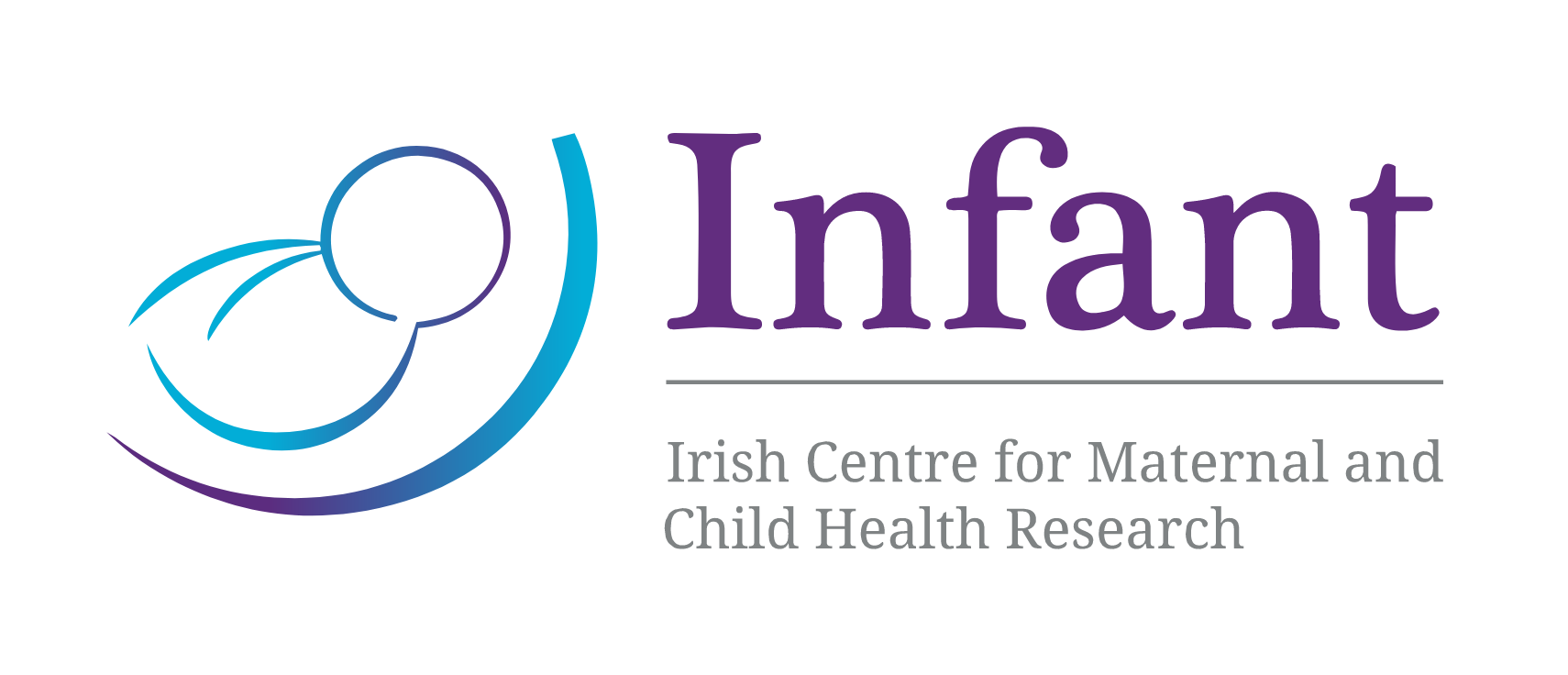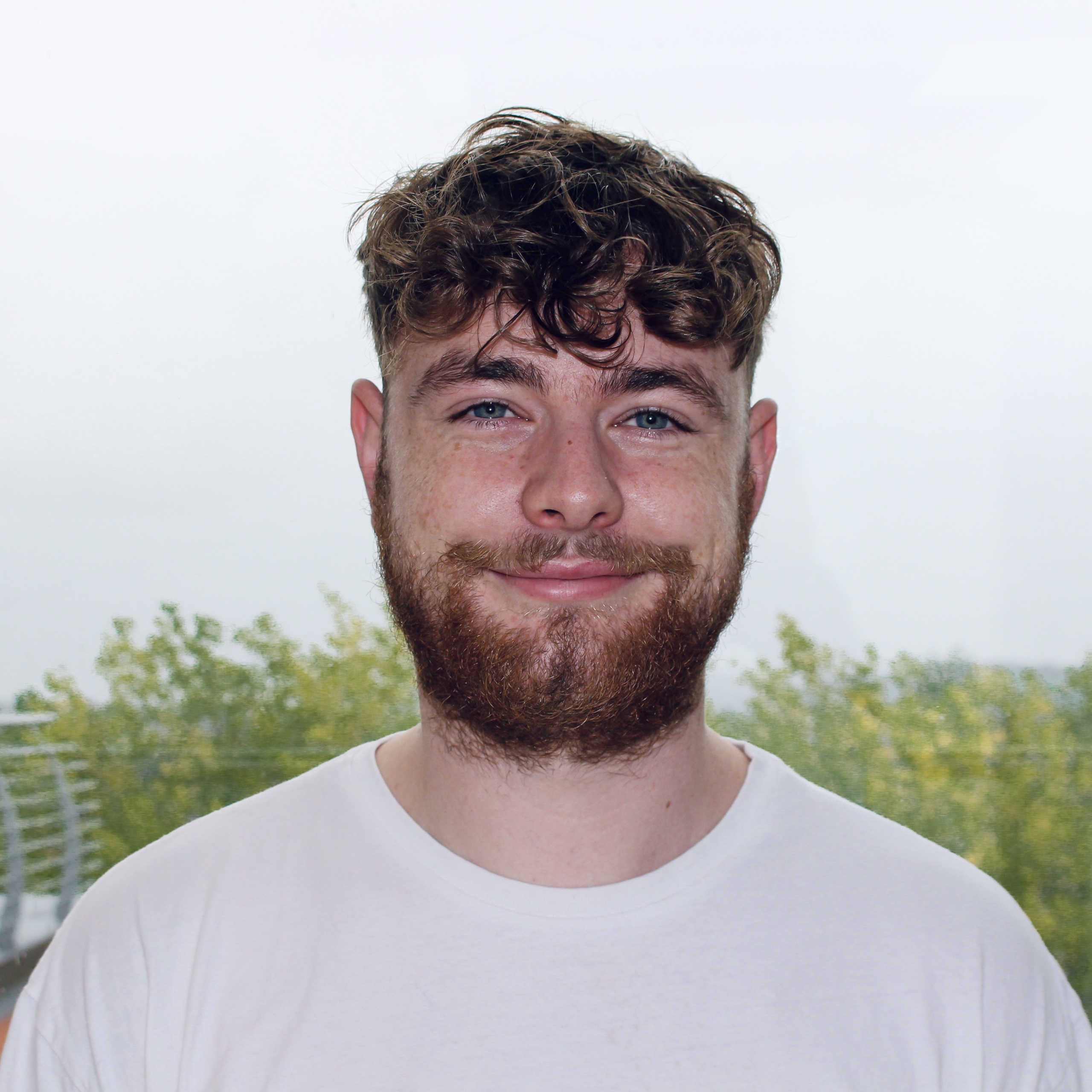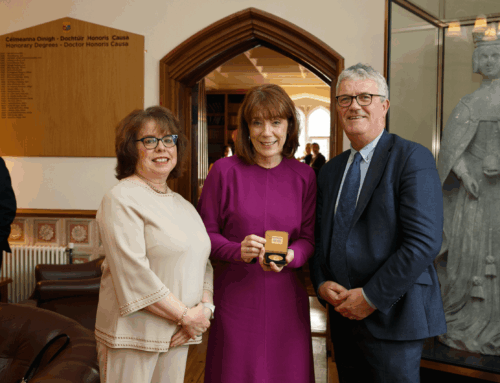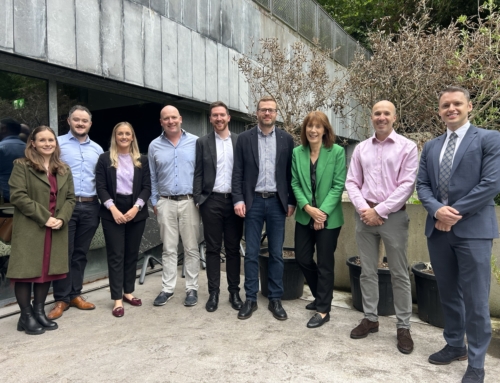An emerging expert in the field of non-linear dynamics, Cathal Dorgan joined INFANT as a PhD researcher in October, bringing with him cutting edge knowledge and ideas.
An ambitious researcher, Cathal aspired to enrol in a postgraduate programme that offered him the opportunity to delve deeper into areas that specifically interested him after completing a Bachelor of Science at University College Cork.
As part of my final year project, I focussed on nonlinear dynamics. It was a field that I became increasingly interested in as I progressed through my undergraduate degree.
So, when I saw how nonlinear dynamics were at the core of the project INFANT were recruiting PhD students for, I jumped at the chance to apply for it.
Thankfully, I was successful in my application and received the opportunity to begin working at INFANT in October.
Studying under the supervision of Professor Sebastian Wieczorek, Cathal will be working on an SFI Frontiers for the Future project that is developing decision support tools for newborn brain protection at INFANT.
Specifically, Cathal will be applying mathematical techniques, models and theories so that the project team can accurately depict the behaviour of the neonatal brain.
Using various mathematical techniques like tipping point theory, transitions and bifurcation theory, we hope to model instabilities in the neonatal brain.
At the moment, I’m learning more about the mathematical theories that we’re planning to employ and the neurosciences that are at the heart of the project.
Ultimately, we want to identify abnormalities so that we can create a system that can predict seizures.
Curious by nature, Cathal is embracing the challenge of learning about neurosciences and breaking into an unfamiliar discipline.
Helped by the team of researchers that Professor Liam Marnane and Dr Gordon Lightbody have assembled to undertake the project, Cathal is already picking up on the nuances and intricacies associated with neurosciences.
Even though I’m only two months into the project, I’m already seeing how neuroscience and maths can interact and overlap.
There are five PhD students working on the project and we’re all working toward a solution from different angles. It’s hugely collaborative and really fascinating.
The multidisciplinary insights that Cathal is already gaining from the project are broadening his horizons and inspiring him to look at the possibility of working in a career that straddles industry and academia after he graduates.






